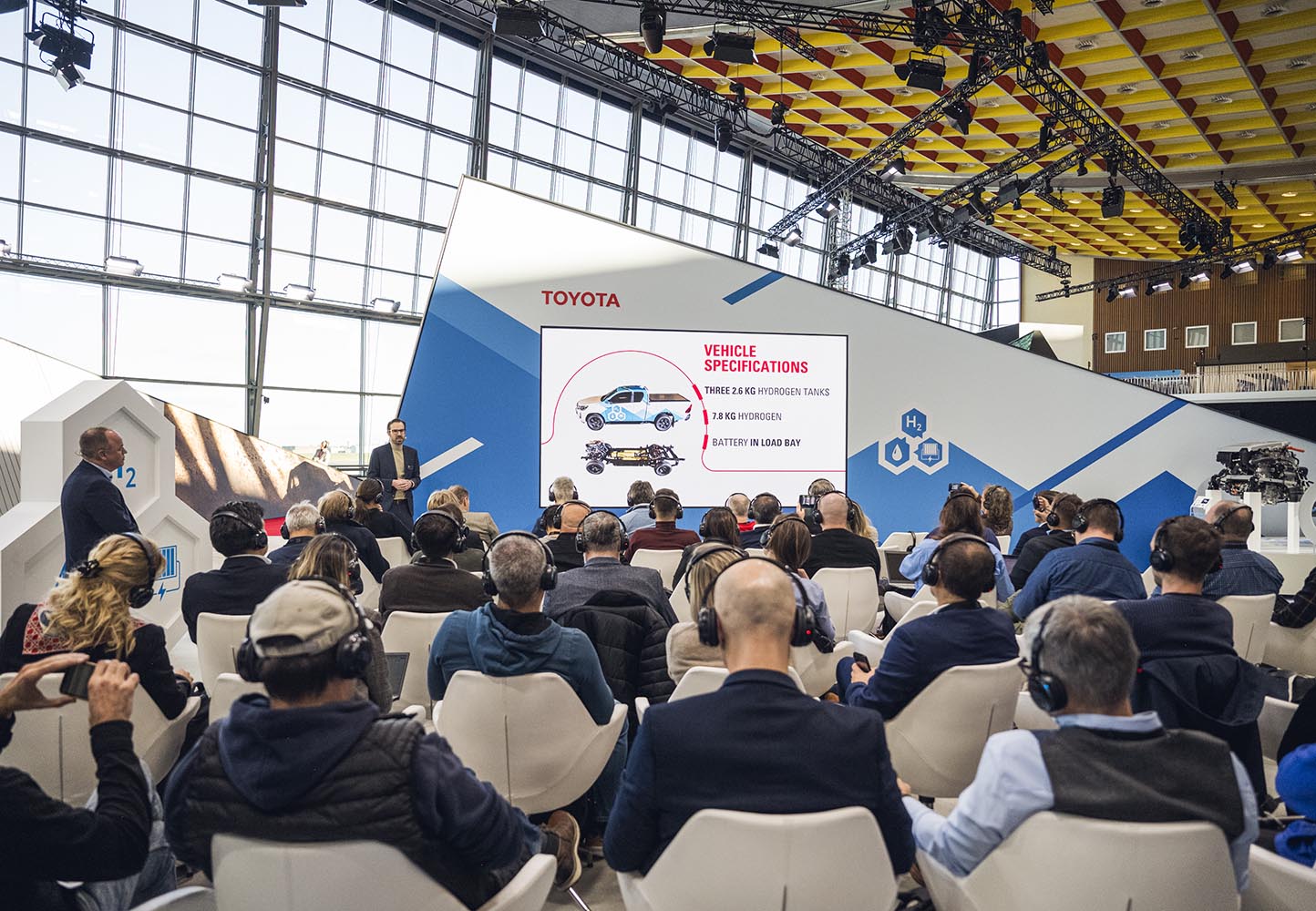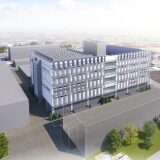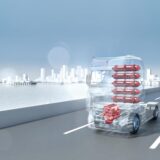
Toyota Motor Europe to launch Hydrogen Factory Europe
Toyota Motor Europe (TME) is set to establish Hydrogen Factory Europe, a dedicated local business operation focusing on the commercialisation of hydrogen technology and systems. This initiative encompasses development, production, sales, and after sales services, aligning with Toyota’s goal of achieving carbon neutrality in Europe by 2040.
The Hydrogen Factory will play a crucial role in producing an increasing number of fuel cell systems and expanding commercial partnerships. This effort is in line with Toyota’s strategy to reach carbon neutrality in Europe a decade earlier than its global target.
Europe’s hydrogen market potential
Toyota anticipates Europe becoming one of the largest hydrogen fuel cell markets by 2030. The region is witnessing a surge in mobility and power generation applications using hydrogen. Significant investments and regulatory measures, including the European Commission’s Green Deal investment of EUR45 billion (USD48.6 billion) by 2027 and the EU’s transport infrastructure fund’s allocation of EUR284 million (USD307.2 million) for hydrogen refueling stations, are propelling market growth
The Renewable Energy Directive (RED III) mandates that 42% of hydrogen used in European industries must be from sustainable sources by 2030. Additionally, plans to build hydrogen filling stations every 200 kilometres (km) along the TEN-T (trans-European Transport Network) corridors are underway, positioning Europe at the forefront of hydrogen technology.
Toyota’s commitment to hydrogen technology
Thiebault Paquet, TME vice president and head of Fuel Cell Business, emphasised Europe’s long-term confidence in hydrogen, mirroring Toyota’s commitment. The company plans to continue developing fuel cell passenger cars and light-duty vehicles while expanding into heavy-duty transport to support hydrogen infrastructure growth.
Expanding mobility applications
Toyota, known for launching the Mirai, the world’s first mass-produced hydrogen fuel cell sedan, in 2015, continues to innovate in this field. The second-generation fuel cell technology, featured in the latest Mirai and the new Toyota Crown, underscores Toyota’s dedication to hydrogen-powered passenger vehicles
The company is exploring light-duty fuel cell electric vehicles (FCEVs), evidenced by the unveiling of the first hydrogen-fueled Hilux FCEV Prototype pick-up. This prototype, produced in the UK, showcases the potential of fuel cells in light-duty vehicles, offering higher payload and towing capabilities.
Integrating fuel cell technology in various sectors
Toyota’s fuel cell technology is also making inroads into heavy-duty transport and other applications. The company has entered the European strategic truck market with hydrogen-powered trucks from Hyliko in France and VDL Groep in the Netherlands. Toyota is also partnering with Corvus in Norway for marine applications and with French clean mobility company GCK to convert diesel coaches to zero-emission hydrogen vehicles.
Building on its extensive experience, Toyota is developing next-generation hydrogen fuel cell technology, expected to be available in 2026. This technology aims to offer industry-leading performance, longer life cycles, reduced costs, and a 20% increase in driving range. Advances in scalable fuel cell stacks and fuel tank designs compatible with various vehicle sizes are also part of Toyota’s research efforts.














